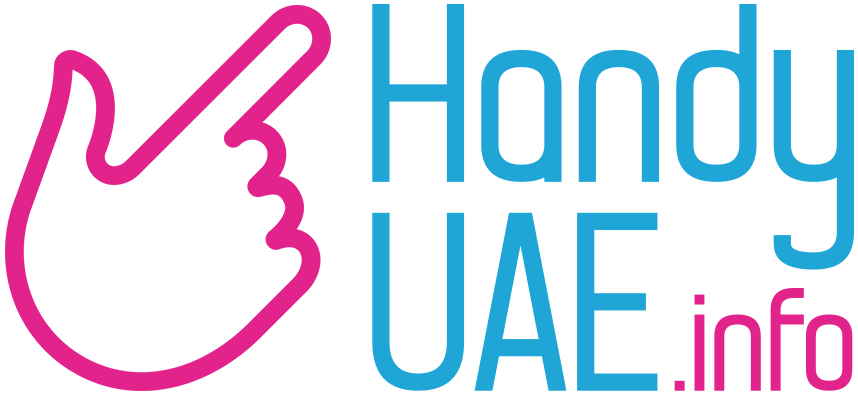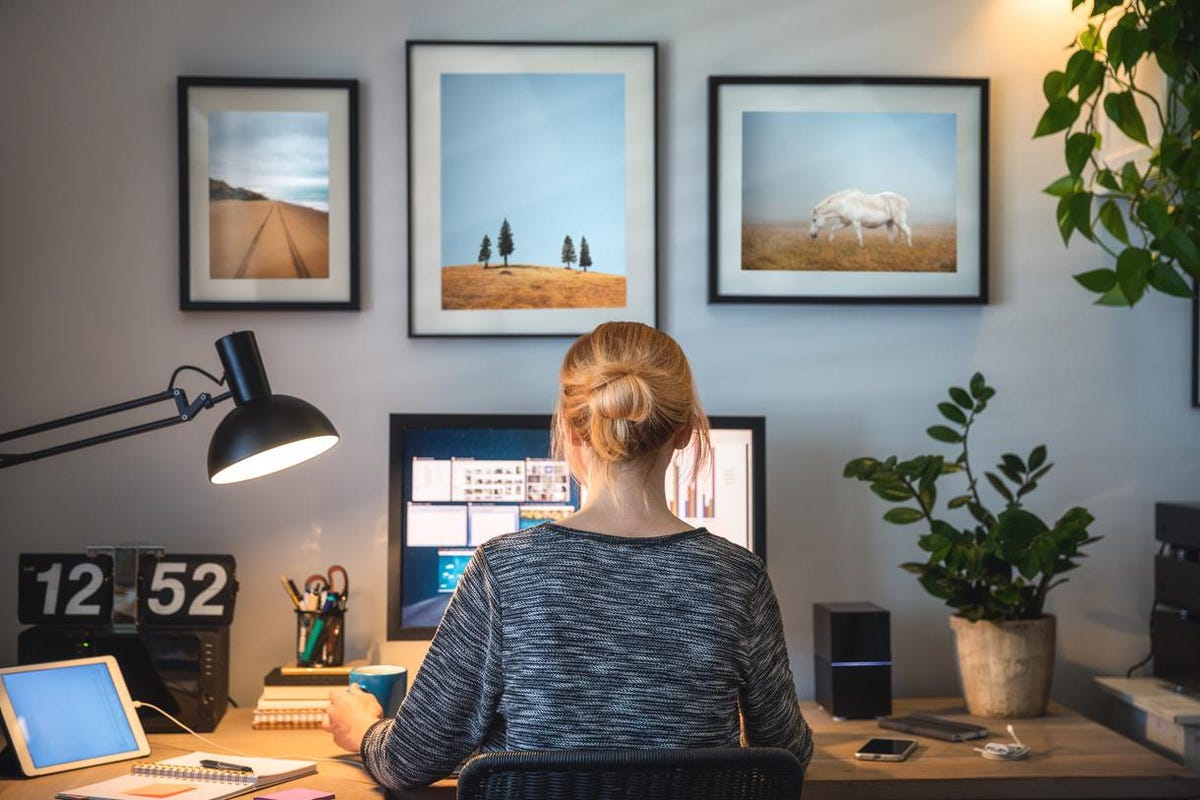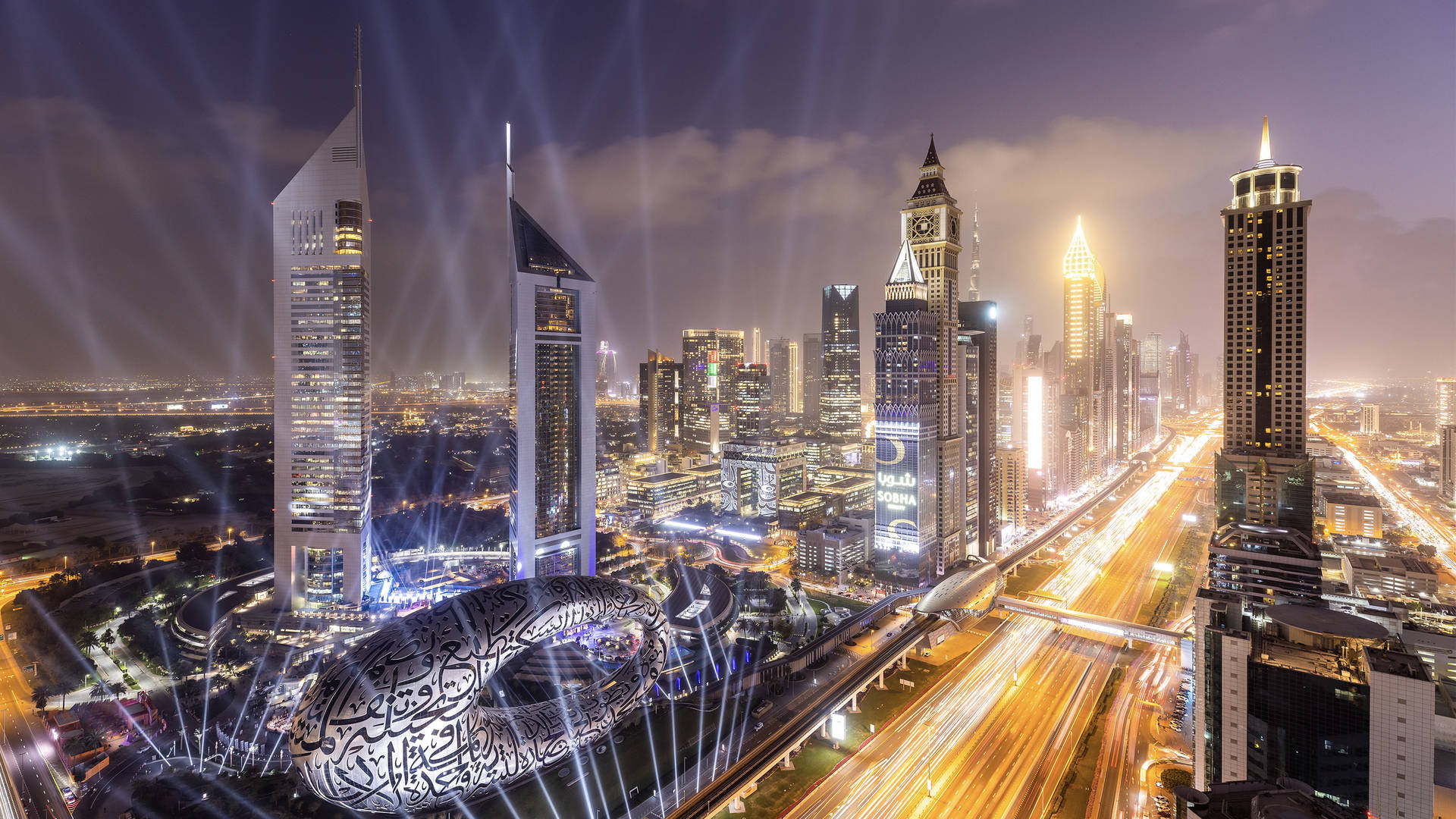The Future of Remote Work: Setting Up a Productive Home Office in the UAE
As remote work continues to redefine professional life globally, the UAE is embracing this trend with enthusiasm, positioning itself as a hub for flexible work arrangements. With cities like Dubai, Abu Dhabi, and Sharjah facing increasing traffic congestion, the UAE government is promoting remote work to alleviate urban pressures while fostering productivity and work-life balance. For UAE residents, setting up a productive home office is key to thriving in this evolving landscape. This article explores the future of remote work in the UAE, government initiatives to reduce city traffic, and practical steps to create an efficient home office tailored to the UAE’s unique environment.
The Rise of Remote Work in the UAE
While started during the COVID pandemic, remote work had since surged in the UAE, driven by technological advancements, global workforce trends, and the need for sustainable urban planning. According to a 2024 survey by Bayt, over 60% of UAE professionals prefer hybrid or fully remote work arrangements, citing reduced commuting time and increased flexibility. The UAE’s world-class digital infrastructure, with widespread 5G coverage and high-speed internet, supports seamless remote work, making it an attractive option for both employees and employers.
The UAE government is actively encouraging remote work to address traffic congestion in major cities. Dubai’s Roads and Transport Authority (RTA) reported that peak-hour traffic in 2024 contributed to significant delays, impacting productivity and air quality. To counter this, initiatives like the Dubai Smart City project and Abu Dhabi’s Economic Vision 2030 emphasize flexible work policies to reduce commuter numbers. Sharjah, with its growing residential and business districts, is also aligning with these goals through the Sharjah Sustainable City initiative, which promotes work-from-home infrastructure in new developments. By 2025, the government aims to increase remote work adoption by 20%, easing strain on urban transport systems in Dubai, Abu Dhabi, and Sharjah.
Benefits and Challenges of Remote Work in the UAE
Benefits
- Reduced Commuting Time: Remote work eliminates long drives through Dubai’s Sheikh Zayed Road or Abu Dhabi’s Al Salam Street, saving hours daily.
- Cost Savings: Employees save on fuel, parking, and professional attire, while businesses reduce office space expenses.
- Improved Work-Life Balance: Flexible schedules allow UAE residents to prioritize family, fitness, and personal growth.
- Environmental Impact: Fewer commuters align with the UAE’s sustainability goals, reducing carbon emissions in line with the UAE Net Zero 2050 strategy.
Challenges
- Distractions at Home: Family responsibilities or lack of a dedicated workspace can hinder productivity.
- Technology Dependence: Reliable internet and equipment are critical, especially in extreme UAE weather conditions.
- Isolation: Remote workers may feel disconnected from colleagues, impacting collaboration and morale.
- Work-Life Boundaries: Without clear separation, employees risk burnout from overworking.
Government Initiatives to Promote Remote Work
The UAE government is integrating remote work into its urban planning and economic strategies to create smarter, less congested cities. In Dubai, the RTA’s Remote Work Policy Framework encourages businesses to adopt hybrid models, offering incentives like tax breaks for companies implementing flexible work arrangements. Abu Dhabi’s Department of Economic Development is piloting programs to equip SMEs with remote work tools, targeting a 15% reduction in peak-hour traffic by 2026. Sharjah’s government is collaborating with private developers to design residential communities with built-in home office spaces, as seen in projects like Aljada and Sharjah Sustainable City.
These initiatives align with the UAE’s broader vision to enhance quality of life. By reducing traffic in Dubai, Abu Dhabi, and Sharjah, the government aims to improve air quality, lower infrastructure costs, and boost employee satisfaction. The Ministry of Human Resources and Emiratisation (MOHRE) is also updating labor laws to protect remote workers, ensuring fair wages and clear work-from-home guidelines, making remote work a sustainable long-term solution.
Setting Up a Productive Home Office in the UAE
Creating a productive home office in the UAE requires careful planning to address local challenges like high temperatures, space constraints, and cultural preferences. Below are essential steps to design an efficient workspace tailored to UAE residents.
1. Choose the Right Location
Select a quiet, well-lit area in your home, ideally away from high-traffic zones like living rooms. In UAE apartments or villas, consider converting a spare bedroom or a corner of your living space into a dedicated office. Ensure proper ventilation to combat the UAE’s heat, and invest in blackout curtains to reduce glare during video calls.
2. Invest in Ergonomic Furniture
Comfort is crucial for long work hours. Choose an adjustable chair with lumbar support and a desk at the right height to prevent strain. UAE brands like IKEA and Home Centre offer affordable ergonomic options. For smaller spaces in Dubai or Sharjah apartments, consider foldable or modular furniture to maximize space.
3. Ensure Reliable Technology
A fast internet connection is non-negotiable in the UAE, where providers like Etisalat and du offer plans with speeds up to 1 Gbps. Invest in a high-quality laptop, noise-canceling headphones, and a webcam for virtual meetings. A UPS (Uninterruptible Power Supply) is recommended to handle occasional power fluctuations during summer storms.
4. Optimize Lighting and Climate Control
The UAE’s bright sunlight can cause screen glare, so use adjustable blinds or anti-glare screens. Install energy-efficient LED lights for evening work. Given the UAE’s hot climate, a split AC unit or portable air conditioner is essential to maintain a comfortable temperature (around 22–24°C) in your home office.
5. Minimize Distractions
Set boundaries with family members to avoid interruptions during work hours. Use productivity tools like Trello or Asana to stay organized and noise-canceling headphones to block background noise, especially in bustling areas of Abu Dhabi or Sharjah.
6. Incorporate UAE-Specific Design Elements
Add a touch of UAE culture to your workspace with locally inspired decor, such as Arabic geometric patterns or desert-themed artwork. This not only enhances aesthetics but also creates a sense of belonging, boosting motivation. Shop at UAE-based stores like The Bowery Company or O’de Rose for authentic pieces.
7. Prioritize Sustainability
Align your home office with the UAE’s green initiatives by using energy-efficient appliances and sustainable materials. Opt for bamboo or recycled wood furniture and solar-powered chargers to reduce your carbon footprint, supporting the UAE Net Zero 2050 goals.
Future Trends in Remote Work for the UAE
Looking ahead, remote work in the UAE is set to evolve with advancements in technology and policy. By 2026, experts predict that 70% of UAE businesses will adopt hybrid models, driven by AI-powered collaboration tools like Microsoft Teams and Zoom’s virtual reality integrations. The rise of co-working spaces in residential areas, such as Dubai’s JLT and Sharjah’s Al Majaz, will offer remote workers flexible alternatives to home offices. Additionally, the UAE’s investment in 6G technology by 2030 will further enhance remote work capabilities, ensuring ultra-fast connectivity for seamless global collaboration.
The government’s push for remote work will also integrate with smart city projects. Dubai’s Smart Traffic Management System, set to expand in 2025, will use AI to monitor traffic patterns and incentivize remote work during peak hours. Similar initiatives in Abu Dhabi and Sharjah will promote flexible schedules, reducing congestion and enhancing urban livability.
Conclusion
The future of remote work in the UAE is bright, with government support, cutting-edge technology, and a growing culture of flexibility paving the way. By setting up a productive home office tailored to the UAE’s climate, space constraints, and cultural nuances, residents can thrive in this new era of work. Whether you’re in Dubai, Abu Dhabi, or Sharjah, a well-designed workspace is your gateway to productivity, cost savings, and a better work-life balance. As the UAE continues to innovate, remote work will not only ease traffic congestion but also position the country as a global leader in modern work practices.
Call to Action: Ready to transform your home office? Explore ergonomic furniture, sustainable decor, and smart tech solutions at UAE retailers like Home Centre or The Bowery Company. Share your home office setup tips in the comments below!
Having the right payment infrastructure in place makes a big difference. With Payoneer cross-border payments, UAE businesses finally have a digital payment solution to help them operate across borders.
 Adapting Indigenous Knowledge Systems for Digital Agronomy
Adapting Indigenous Knowledge Systems for Digital Agronomy
Modern agriculture often feels caught between two worlds: ancestral knowledge passed through generations and digital systems built in laboratories and data centers. Yet these worlds are not opposites.
 The Rise of Cryptocurrency in the UAE: How Bitcoin and Blockchain Innovations Are Shaping the Future of Finance
The Rise of Cryptocurrency in the UAE: How Bitcoin and Blockchain Innovations Are Shaping the Future of Finance
The United Arab Emirates is rapidly emerging as a global hub for cryptocurrency and blockchain technology. This article explores the UAE cryptocurrency landscape in 2025, offering insights into trends, regulations, and opportunities for residents and investors.
 NEOM: The Pinnacle of Innovation in Saudi Arabia’s Vision 2030
NEOM: The Pinnacle of Innovation in Saudi Arabia’s Vision 2030
NEOM, a $500 billion futuristic megacity in Saudi Arabia’s Tabuk Province, stands as a beacon of innovation, sustainability, and economic diversification.
NEOM, a $500 billion futuristic megacity in Saudi Arabia’s Tabuk Province, stands as a beacon of innovation, sustainability, and economic diversification.
As remote work continues to redefine professional life globally, the UAE is embracing this trend with enthusiasm, positioning itself as a hub for flexible work arrangements.
When Riyadh was officially named the host city for Expo 2030, it marked a historic milestone not only for Saudi Arabia, but for the entire Middle East. Following the success of Expo 2020 Dubai, the global spotlight is now shifting once again to the Arabian Peninsula — this time, to Saudi Arabia.




